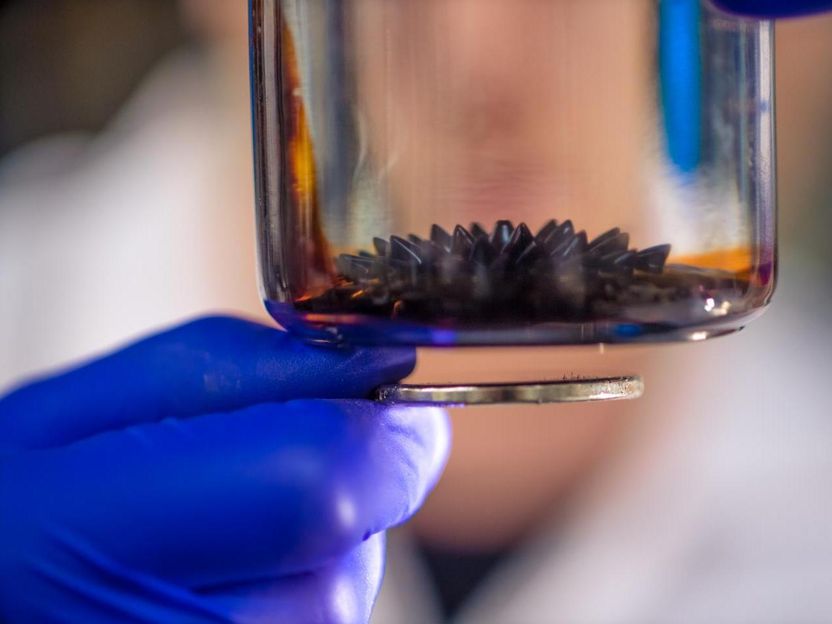How to unlock the potential of brine valorisation
First CEN Workshop Agreement to Standardise the Recovery of Valuable Raw Materials from Seawater Desalination Brines Published
Advertisement
seawater desalination plants produce significant volumes of brine as a byproduct, a highly concentrated salt solution that is often considered waste. However, brines contain a wealth of valuable raw materials, such as lithium, magnesium, and other essential minerals, that have remained untapped until now. The EU-funded project Sea4Value has been at the forefront of driving innovation in the field of brine valorisation. Since June 2020 the 16 project partners from 8 European countries have developed groundbreaking methods to recover valuable raw materials from desalination brines and have elaborated a CEN Workshop Agreement on brine valorisation in collaboration with international experts.
Through a multi-step process, valuable raw materials are extracted from brines and made available for various high-impact applications. These materials can serve critical industries, including battery manufacturing, agriculture, and the chemical sector. By harnessing these raw materials, brine valorisation not only addresses the challenge of resource scarcity but also contributes to a more sustainable, circular economy.
To support the industrial adoption of brine valorisation technologies, the Sea4Value project partner DECHEMA e.V. initiated the development of the first CEN Workshop Agreement (CWA) on this topic, bringing it early into standardisation. The document was developed in collaboration with international experts from industry, society, and academia over a period of 10 months, with UNI serving as the standardisation body. The CWA on “Brine Valorisation - Recovery of minerals and metals from brines of seawater desalination plants” (CWA 18153:2024 (E))” is now published and freely accessible.
The CWA provides a much-needed framework for ensuring consistent, efficient, and scalable processes that can be adopted by industries worldwide. In addition to establishing a common language for brine valorisation, the document outlines general principles and framework conditions for processing brines. Furthermore, it offers guidance and recommendations on best practices for recovering minerals and metals from seawater desalination brines. Especially, it covers a range of brine pre-treatment, concentration, compound recovery and purification technologies, including state-of-the-art methods and novel techniques developed during the Sea4Value project for the selective extraction of target minerals and metals. It also includes recommendations for good practices in circularity and environmental considerations, as well as strategies enabling market entry for the recovered minerals and metals. The CWA is particularly relevant for various stakeholders, including operators of seawater desalination plants, engineering companies, end-users, traders, and distributors of minerals and metals, as well as governments and environmental authorities. Additionally, it serves as a valuable resource for research projects focused on brine valorisation.
This standardisation effort represents a significant milestone in overcoming implementation barriers by providing clear guidelines and best practices for raw material recovery from desalination brines.
As the global demand for raw materials continues to grow, the valorisation of desalination brines represents a game-changing opportunity. By turning waste into valuable resources, brine valorisation not only supports critical supply chains but also aligns with global sustainability goals


































































